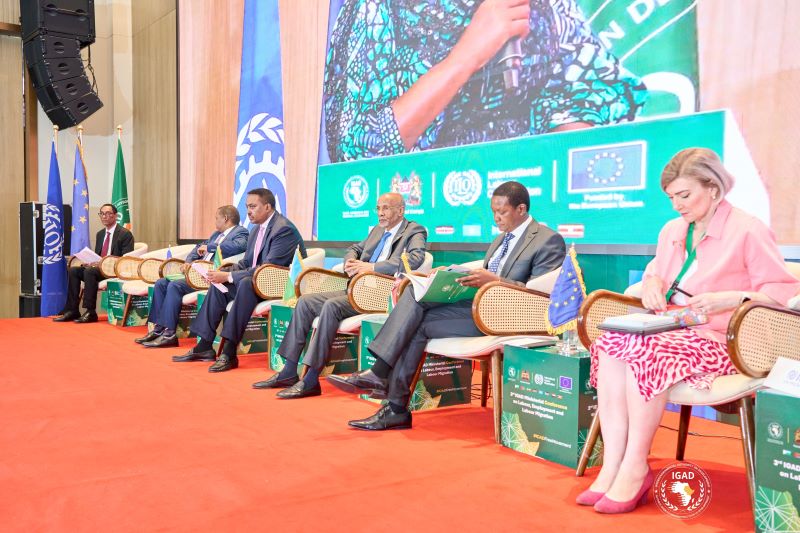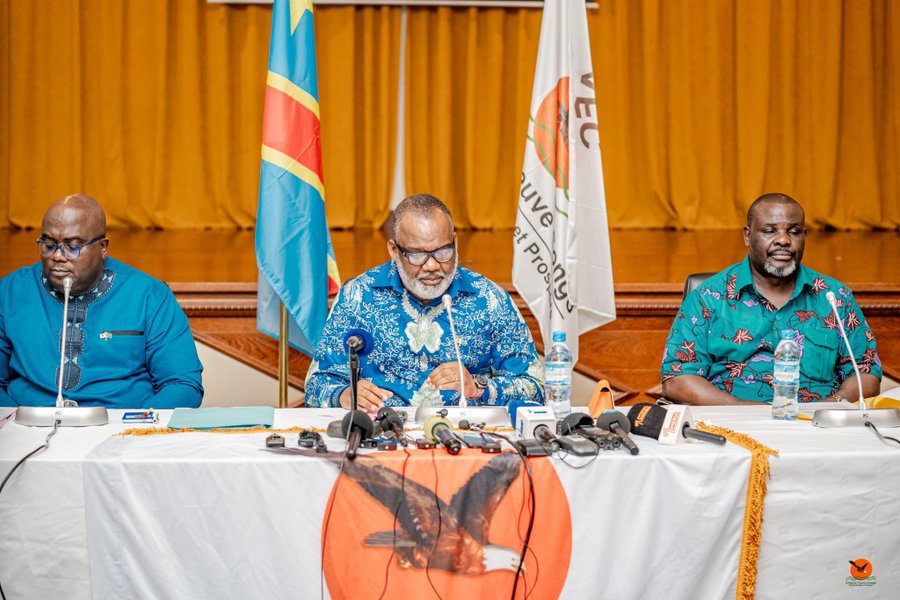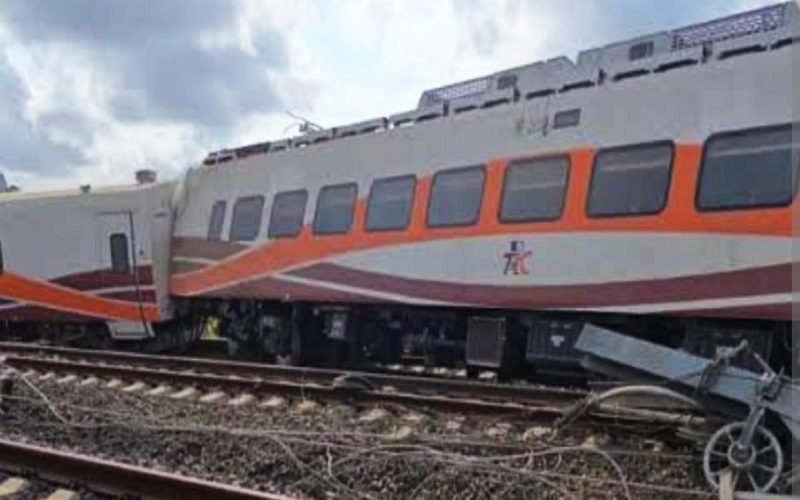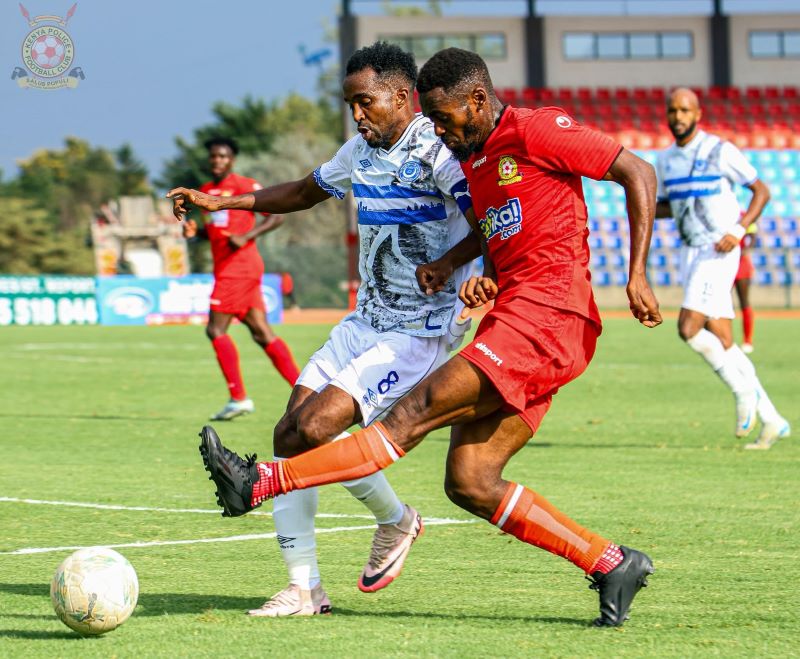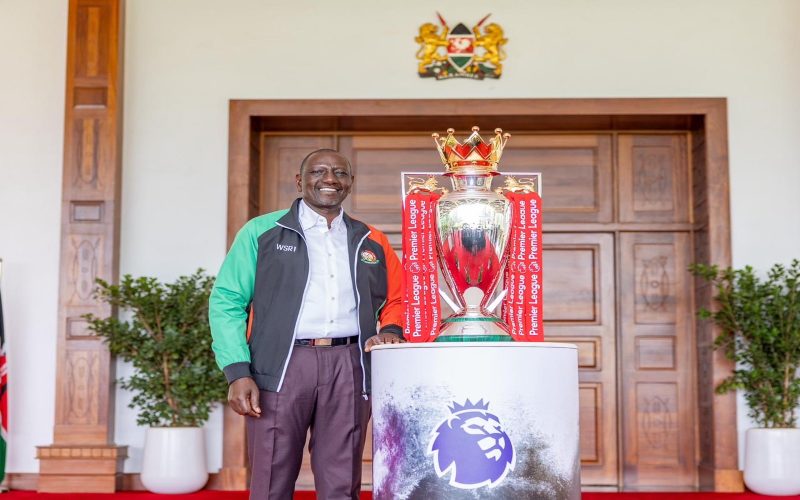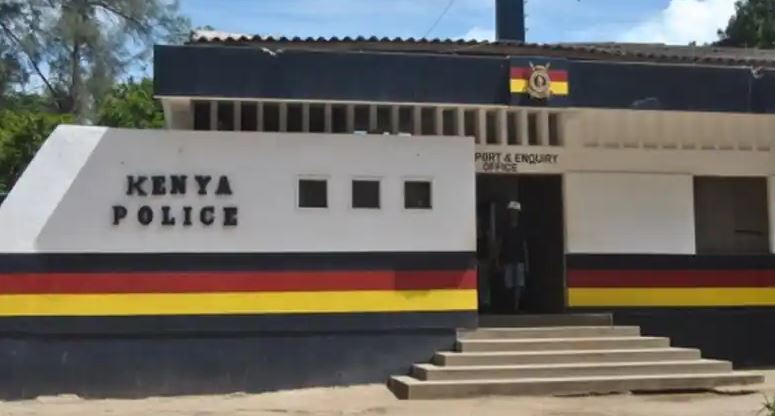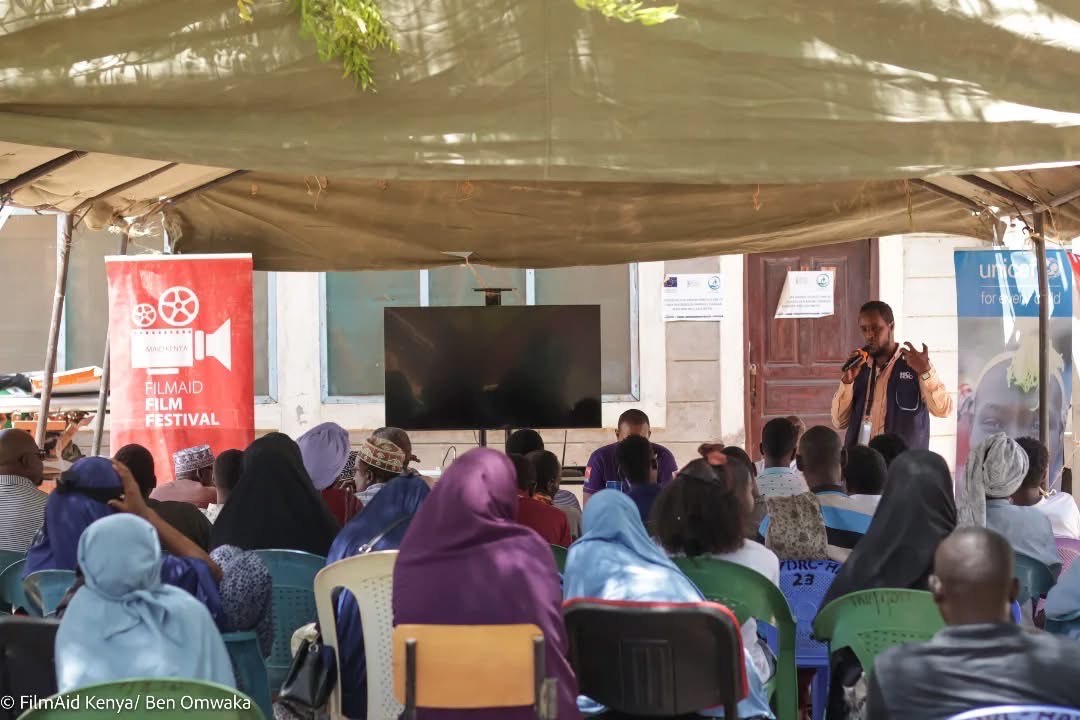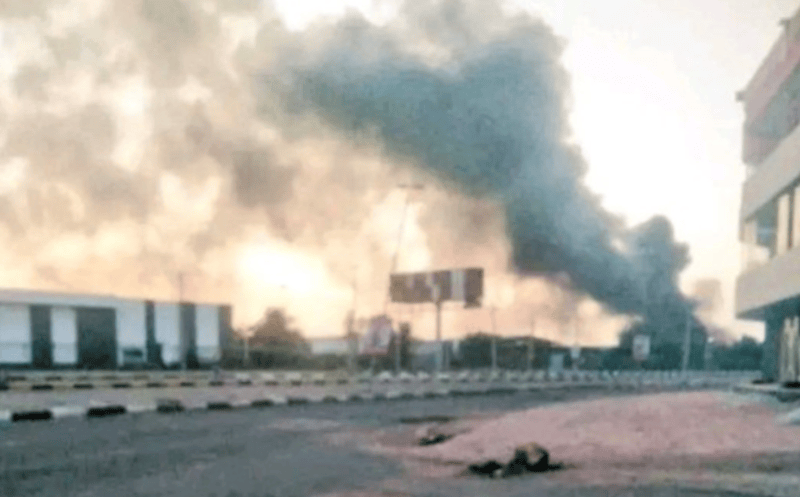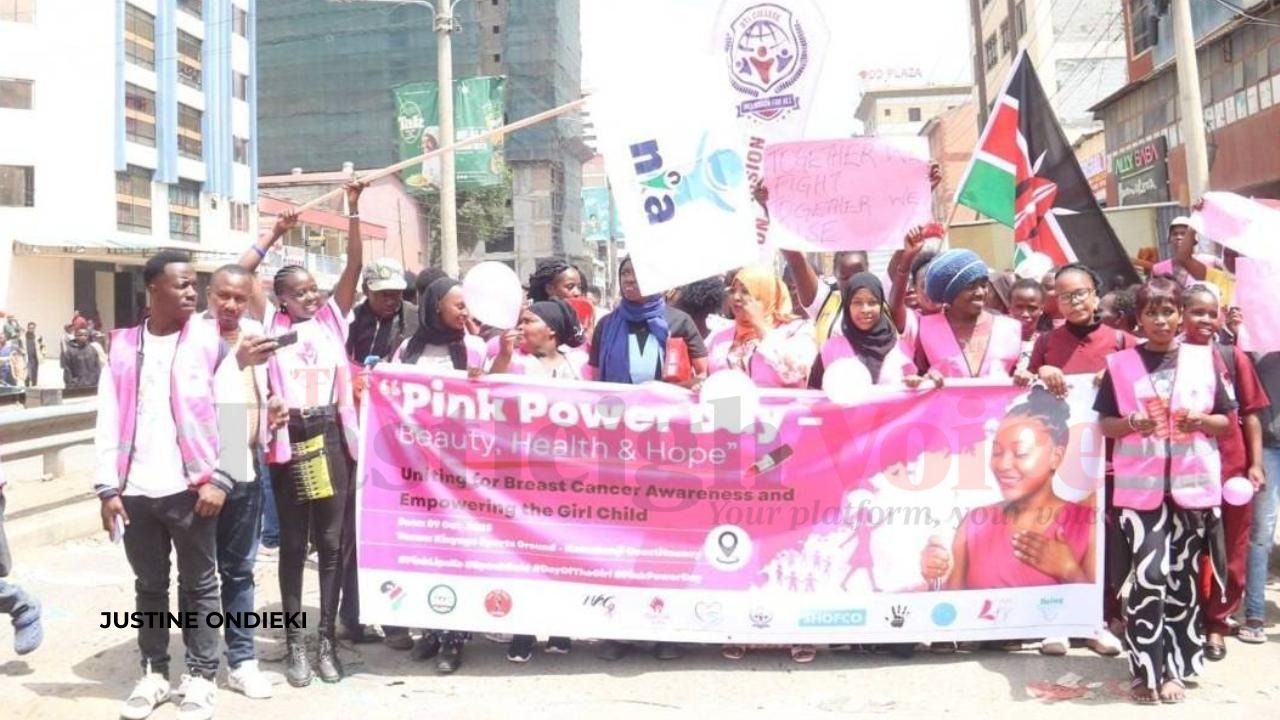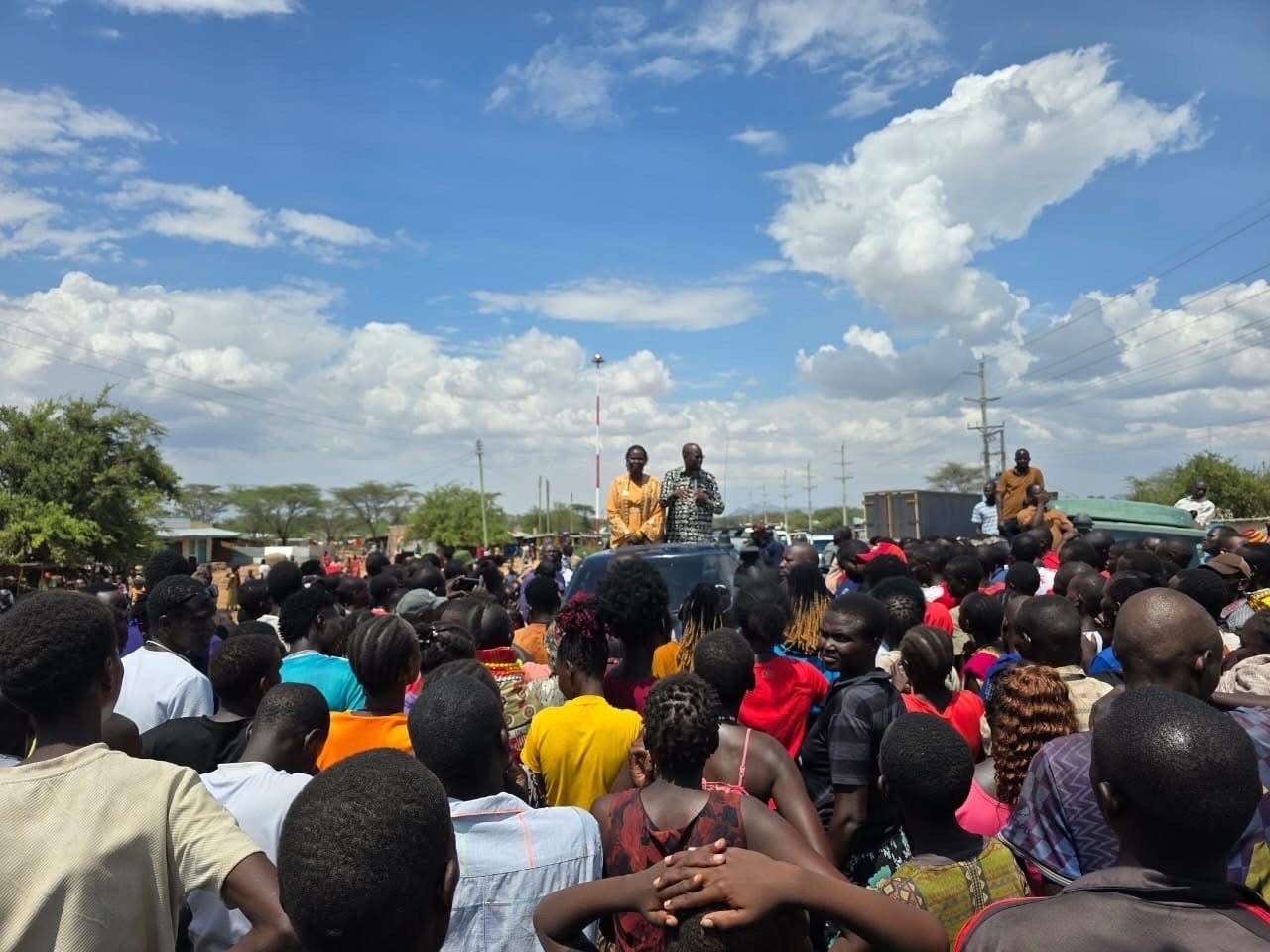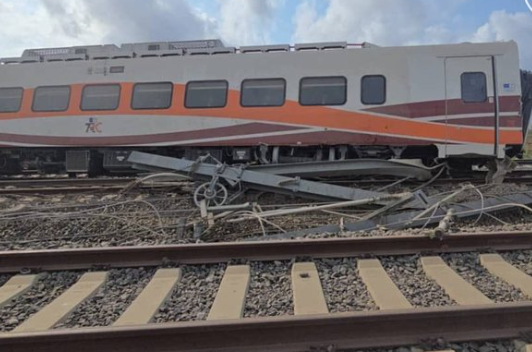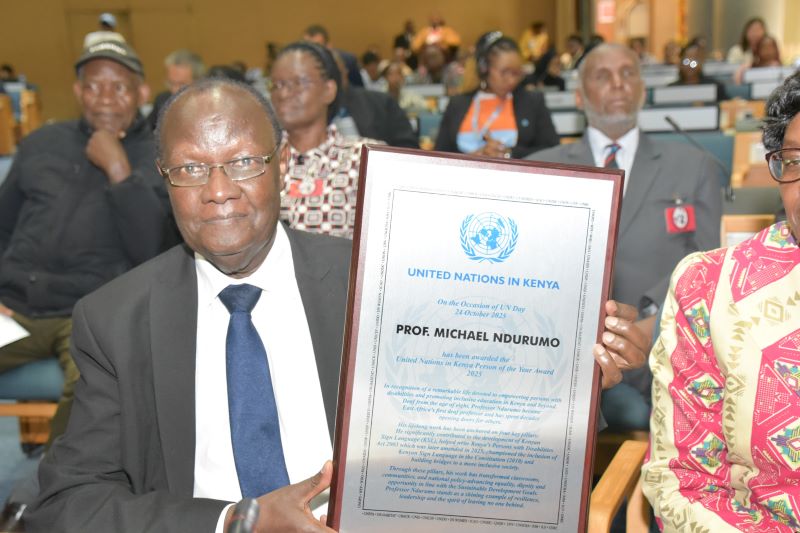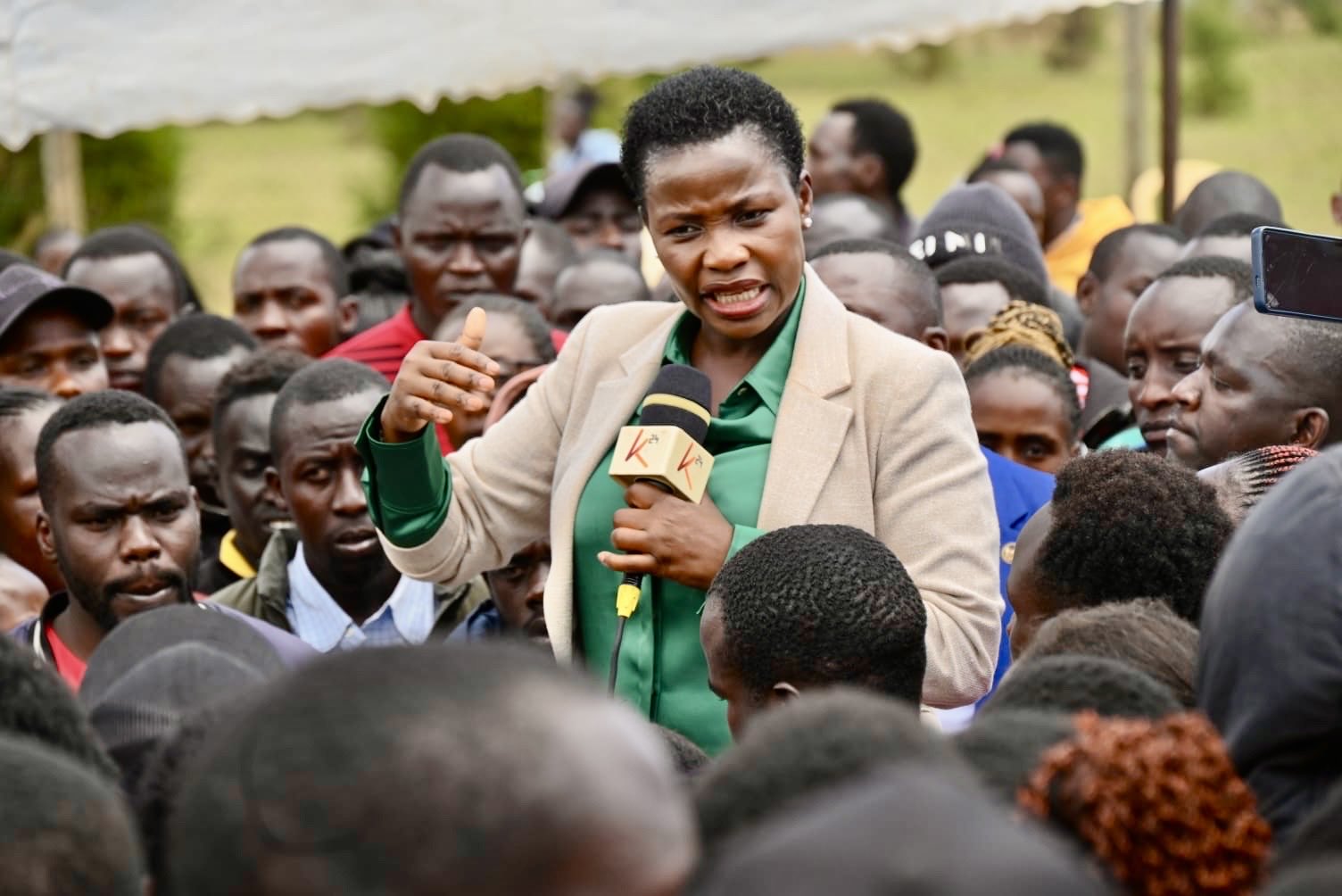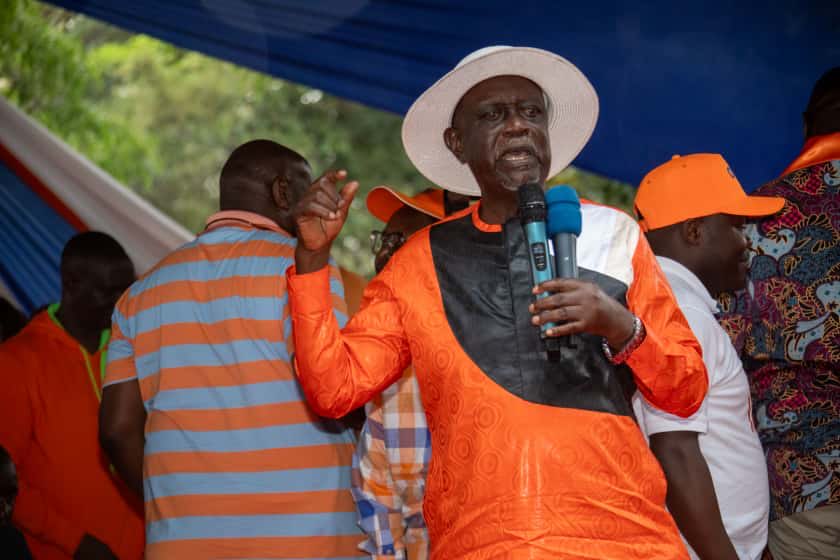Nepal’s Prime Minister resigns after deadly protests over social media ban
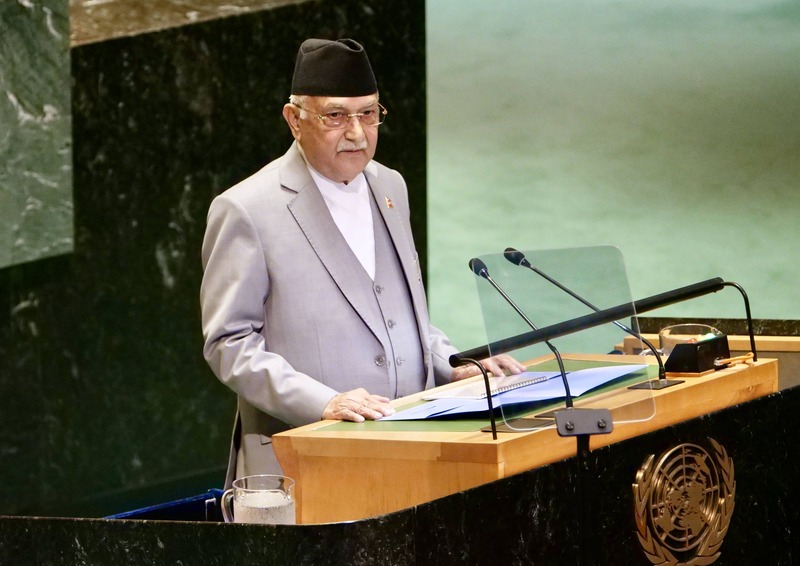
The unrest, the worst in decades, erupted after Oli's government imposed a sweeping ban on 26 social media platforms.
Nepal's prime minister, KP Sharma Oli, has resigned after days of violent protests against a social media ban left 19 people dead and more than 100 injured.
His aide confirmed that President Ram Chandra Paudel has accepted the resignation, plunging the Himalayan nation into fresh political uncertainty.
More To Read
- Parents of Litein Boys take school to court over unexplained damages fees
- Nepal imposes travel bans on ex-PM Sharma Oli, four senior officials over protest violence
- Nepal: First woman PM takes charge, calm returns to streets
- France moves to ban minors from social media with bold 'digital curfew'
- Ex-chief justice Sushila Karki poised to become Nepal’s interim prime minister
- What's next for Nepal after deadly protests force PM out?
The unrest, the worst in decades, erupted after Oli's government imposed a sweeping ban on 26 social media platforms.
Demonstrators defied an indefinite curfew in Kathmandu, clashing with police who responded with tear gas and rubber bullets as crowds tried to storm parliament.
The violence, which peaked on Monday, forced the government to lift the ban even as protests escalated.
The protesters set several houses belonging to the country's leaders on fire. They included residences of Sher Bahadur Deuba, leader of the largest party Nepali Congress, President Ram Chandra Poudel, Home Minister Ramesh Lekhak and former Prime Minister Pushpa Kamal Dahal, according to The Associated Press.
The Nepalese parliament was also set on fire as main airport in Kathmandu has been closed indefinitely.
Nepal, wedged between India and China, has struggled with political instability and economic fragility since protests ended its monarchy in 2008.
Oli, who had convened political parties earlier on Tuesday, urging dialogue, said "violence is not in the interest of the nation."
His appeal fell flat as anger deepened, with protesters once again massing outside parliament in defiance of security forces.
The resignation opens a new chapter of turmoil for a country still reeling from corruption scandals, economic malaise and fragile governance.
With Gen Z demonstrators driving the unrest, the crisis highlights the combustible mix of popular discontent, digital politics and weak institutions in South Asia's smallest states.
Top Stories Today
